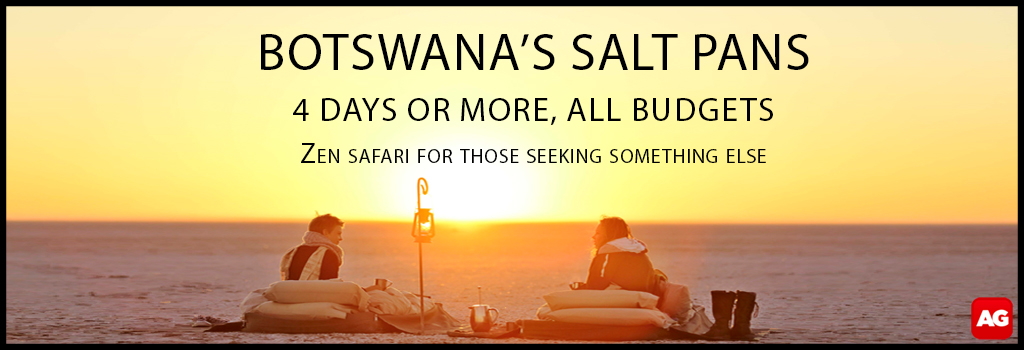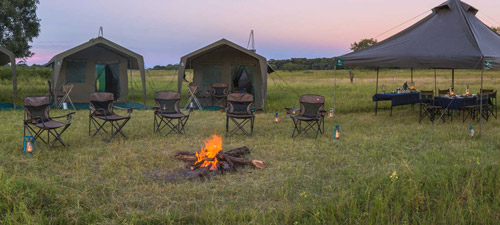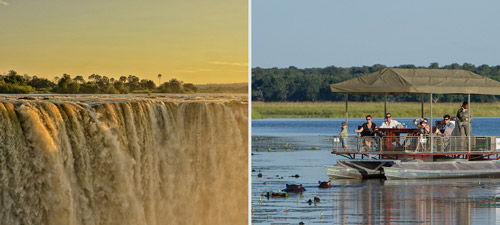
NEWS DESK POST by AG Editorial
Botswana’s Department of Wildlife and National Parks (DWNP) has announced today that they have recently identified a poisoning site with 537 dead vultures (comprising five species) and two tawny eagles.
The site of the mass poisoning was identified as Wildlife Management Area CT 1 in the Central District. This former trophy hunting area is close to the Botswana and Zimbabwe border, near Zimbabwe’s Hwange National Park. Three poached elephant carcasses were laced with poison, which led to the vulture deaths.
The 537 dead vultures comprised 468 white-backed vultures, 28 hooded vultures, 17 white-headed vultures, 14 lappet-faced vultures and 10 Cape vultures. The DWNP law enforcement team attending the scene is working around the clock to decontaminate the area, and sampling of carcasses and the environment was done for further laboratory analysis. Members of the public in the vicinity of CT1 have been requested to report any further wildlife mortalities in their area, and to report any suspicious activities which may suggest environmental poisoning to the nearest wildlife office or the police.

Populations of white-backed, white-headed and hooded vultures are ‘Critically Endangered’ according to the IUCN Red List, which means that they have an extremely high risk of extinction in the wild. Lappet-faced and Cape vultures are classified as ‘Endangered’, which means that they are in danger of extinction through all or a significant portion of their ranges. Vultures face many threats to their ongoing survival, including mass poisoning incidents such as this, habitat and nesting site loss, collisions with power lines and pylons and poaching for the traditional medicine trade.
Compounding the loss to already threatened vulture populations is that this is the breeding season, and so many of the adult victims in this mass poisoning incident would have eggs or chicks, which will in all likelihood die.
Vultures provide an invaluable ‘clean-up’ service to the ecosystem, due to their unique digestive ability, and without them, the spread of disease from rotting carcasses would be rife.


To comment on this story: Login (or sign up) to our app here - it's a troll-free safe place 🙂.![]()
HOW TO GET THE MOST OUT OF AFRICA GEOGRAPHIC:
- Travel with us. Travel in Africa is about knowing when and where to go, and with whom. A few weeks too early / late and a few kilometres off course and you could miss the greatest show on Earth. And wouldn’t that be a pity? Browse our ready-made packages or answer a few questions to start planning your dream safari.
- Subscribe to our FREE newsletter / download our FREE app to enjoy the following benefits.
- Plan your safaris in remote parks protected by African Parks via our sister company https://ukuri.travel/ - safari camps for responsible travellers






